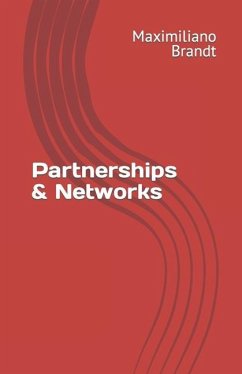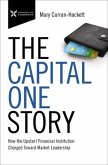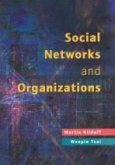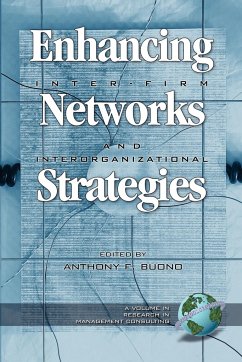The path towards sustainable development has been longer and steeper than expected, according to the current structural and economic models. But there is an alternative to shorten the route. The social impact of development projects is higher when there is a link between the three sectors of society, the government, business and civil society organizations, and then reach the goals set in the social, economic and environmental areas.Empirical evidence indicates that, by giving representation to more sectors of society, society creates inclusive and not extractive institutions. Why inclusive institutions lead to development? as is suggested by authors such as J. D. Acemoglu and James Robinson in their book Why Nations Fail: The Origins of Power, Prosperity, and Poverty. We know from CSR that the correct use of stakeholder's maps, help assign appropriate weight to all Stakeholders. Which helps establish inclusive and non-extractive models. We also reviewed the cases of successful public-private partnerships and realized that they have, both, an altruistic impulse as well as an utilitarian one. What is important is the ability to create inclusive institutions.What should be considered when designing and implementing a social project or government policy? How can businesses benefit by linking with other sectors? How can the civil society organizations mobilize actions and resources for the causes they support? How can the society benefit from an integration of all actors? The book includes a step-by-step guide to build strong partnerships. Max Brandt provides answers to these and other questions in this book, seeking to offer practical and meaningful solutions to current environmental, economic and social problems using tools applicable to public institutions, businnesses and civil society organizations.
Hinweis: Dieser Artikel kann nur an eine deutsche Lieferadresse ausgeliefert werden.
Hinweis: Dieser Artikel kann nur an eine deutsche Lieferadresse ausgeliefert werden.




![Ultimate Performance Management: Transforming Performance Reviews Into Performance Partnerships [With CDROM] Ultimate Performance Management: Transforming Performance Reviews Into Performance Partnerships [With CDROM]](https://bilder.buecher.de/produkte/26/26852/26852448m.jpg)



